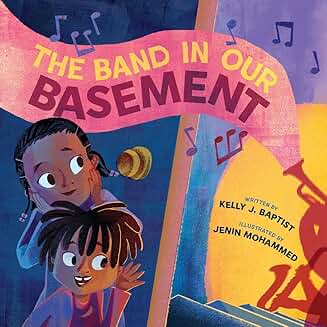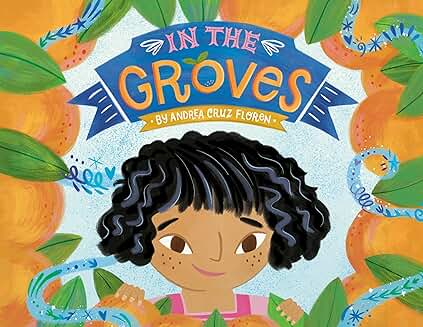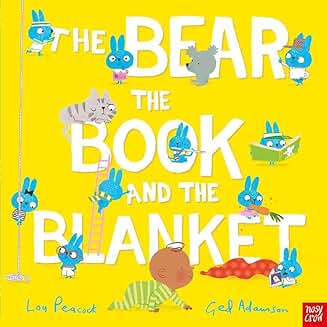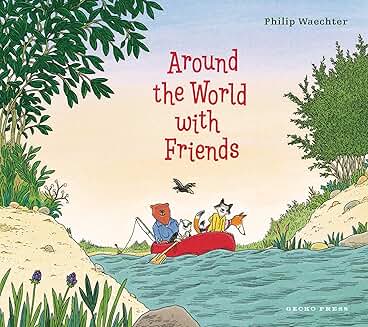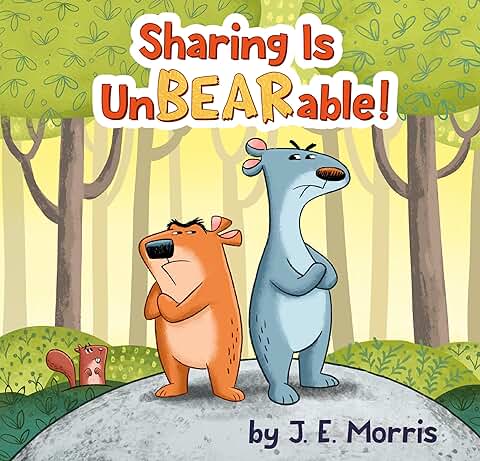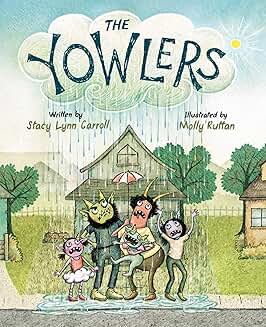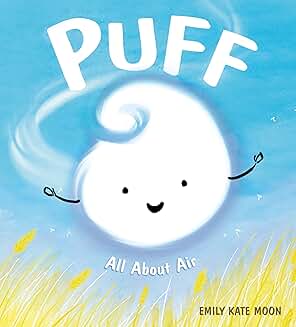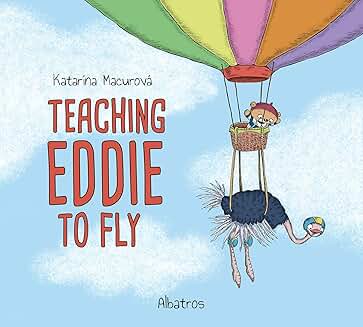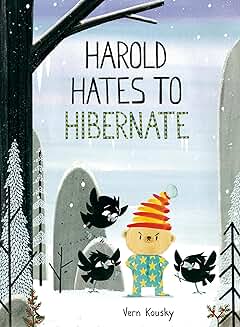
In Harold Hates to Hibernate, a young bear named Harold doesn’t want to hibernate because his three crow friends may forget about him while he sleeps. As the snow begins falling, Harold feels hungry. Certain that he can stay awake if he is full, Harold’s three crow friends bring him a fish feast. When the wind blows, Harold feels cold, and his three friends fly off to find warm clothes.
As the forest becomes icy, Harold’s crow friends help him with a soft place to rest. Even as Harold shouts that he doesn’t need to hibernate, his eyes grow heavy and, thanking his friends, he asked them not to forget him. The crows fly to their nest, but return to snuggle next to Harold, so he knows they’ll never forget.
Vern Kousky, who is also the author of Harold Loves His Woolly Hat, has written a delightful story for either nap time or bedtime. The text sends subtle messages about the enduring power of friendship and the undeniable need for sleep. This book might prove a particularly good choice for that young listener who fights sleep for fear of being left out of something interesting.
(Review originally published on Portland Book Review and book donated to Maltby Food Bank.)

